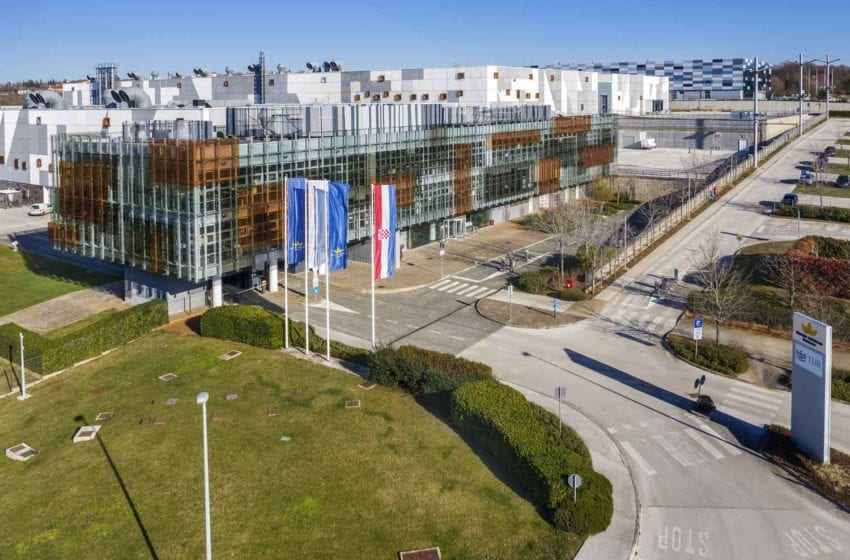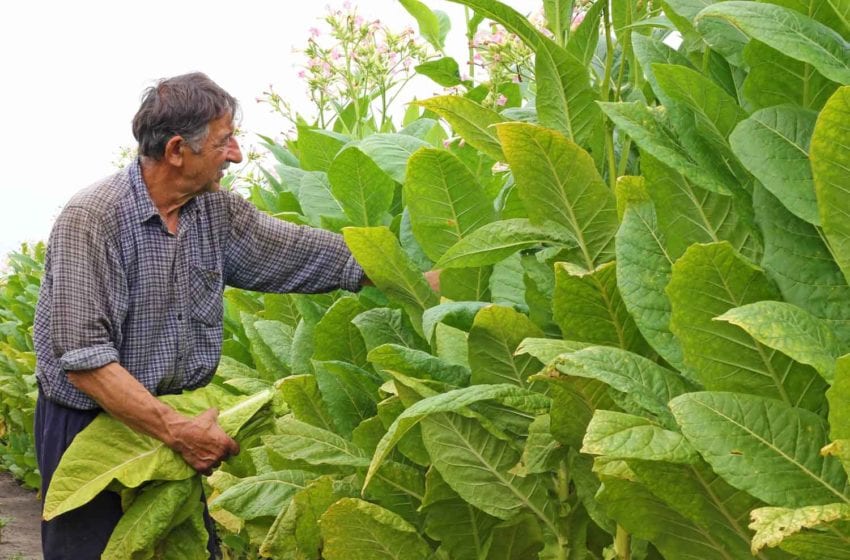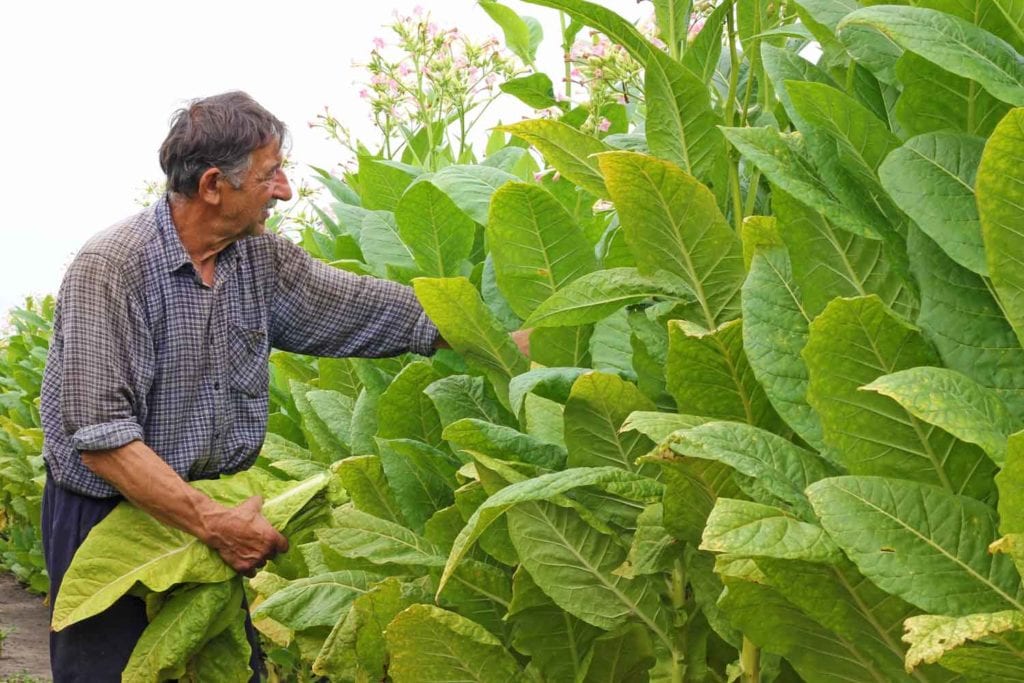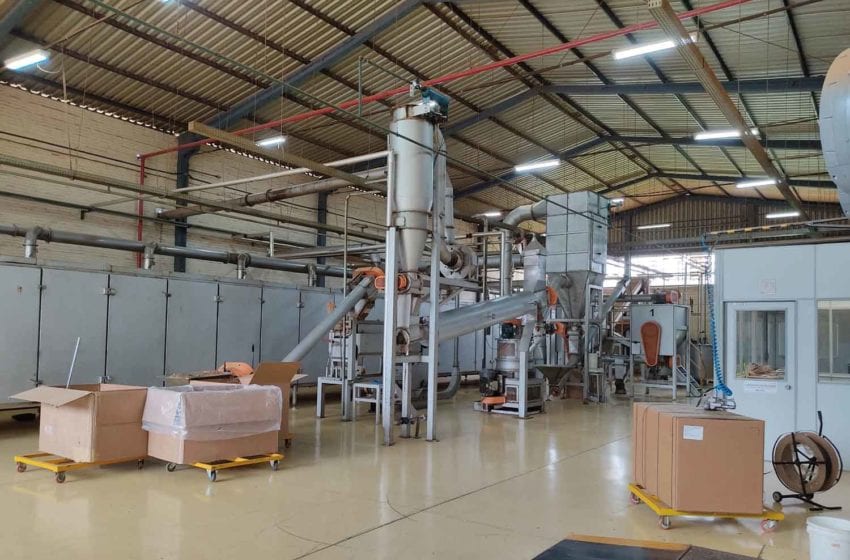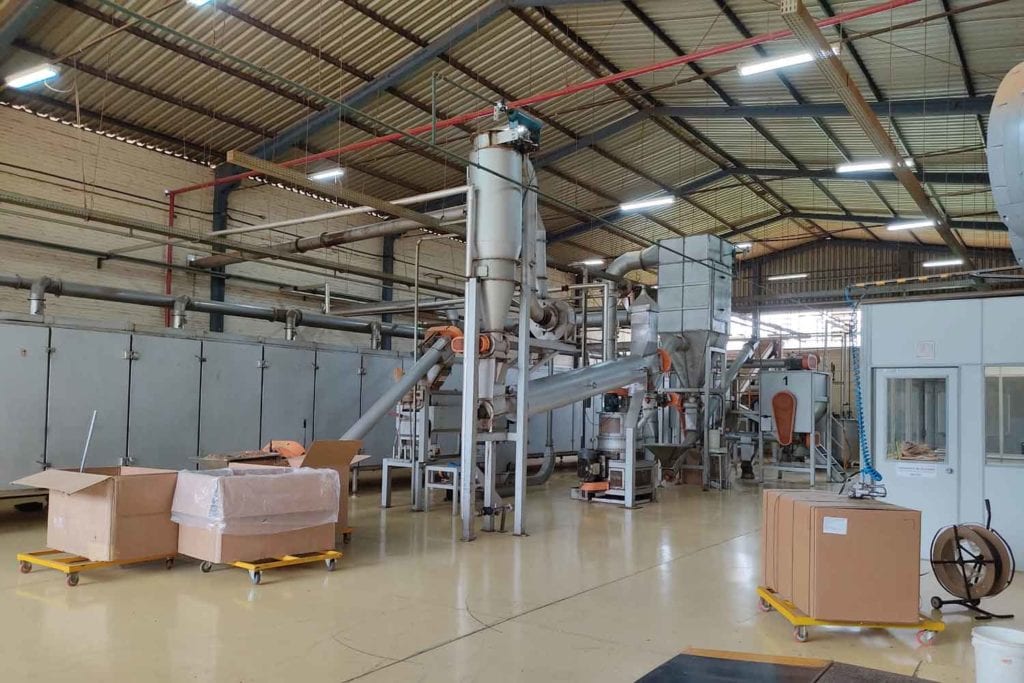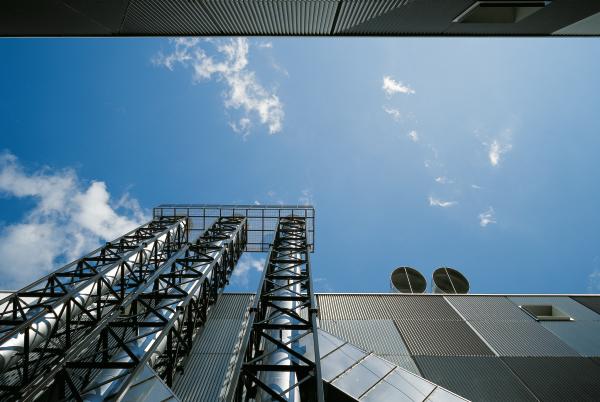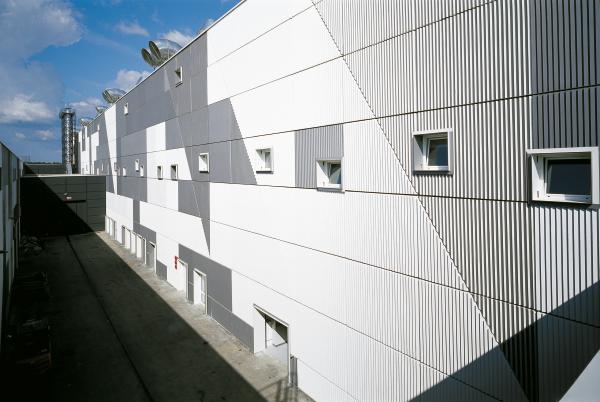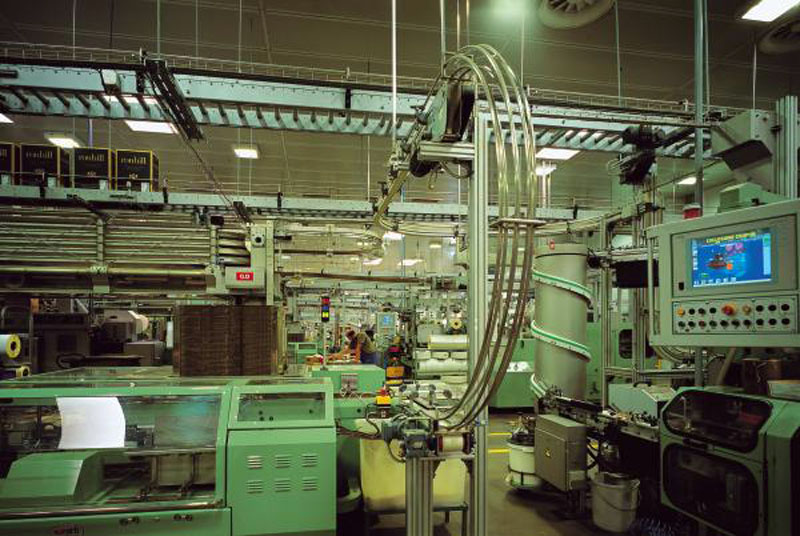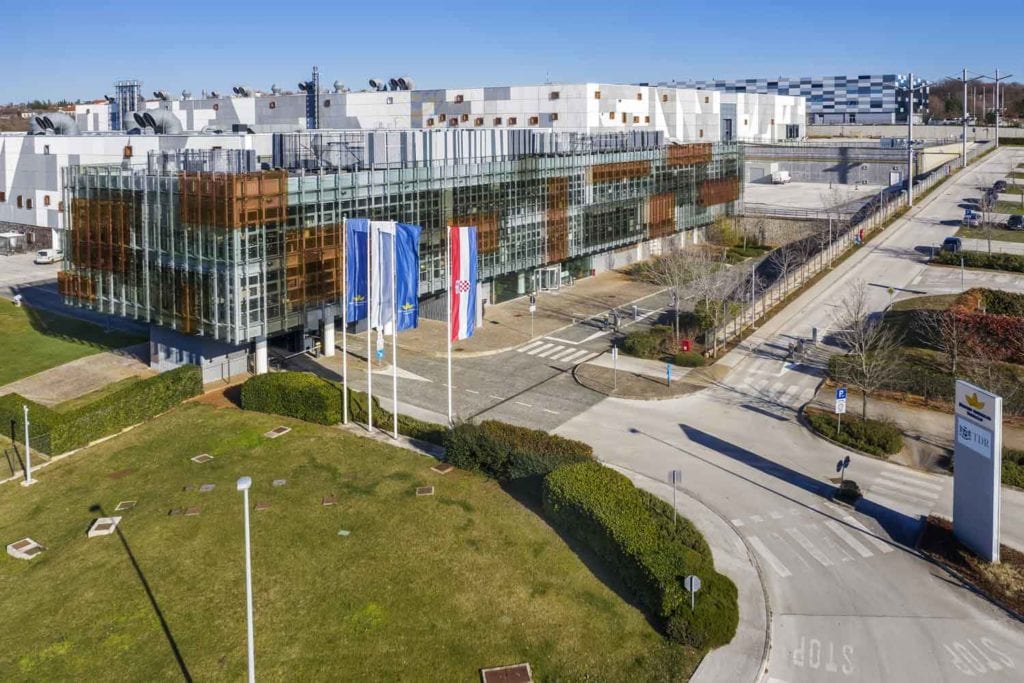
BAT recently inaugurated a HRK600 million ($82 million) production line for tobacco products at its Kanfanar factory in Croatia, reports Seenews.
In May, 2021, BAT revealed it would be manufacturing heated-tobacco products at its Kanfanar facility.
The investment has created 70 new jobs, and it’s expected to generate additional employment as production increases. Nearly 80 percent of the products manufactured on the new line are destined for export, according to BAT.
The Kanfanar factory uses 100 percent renewable energy and recycles all of its wastewater.
BAT said it plans to invest HRK22 million in environmental, social and governance activities at its Kanfanar facility as part of its efforts to become carbon neutral by 2030.
The inauguration of the new production line follows the opening last week of a new BAT logistics and distribution center in Pitomaca, Croatia. It will collect leaf tobacco from 26 countries and supply BAT factories in Augustow, Poland; Bayreuth, Germany; and Pecs, Hungary.

